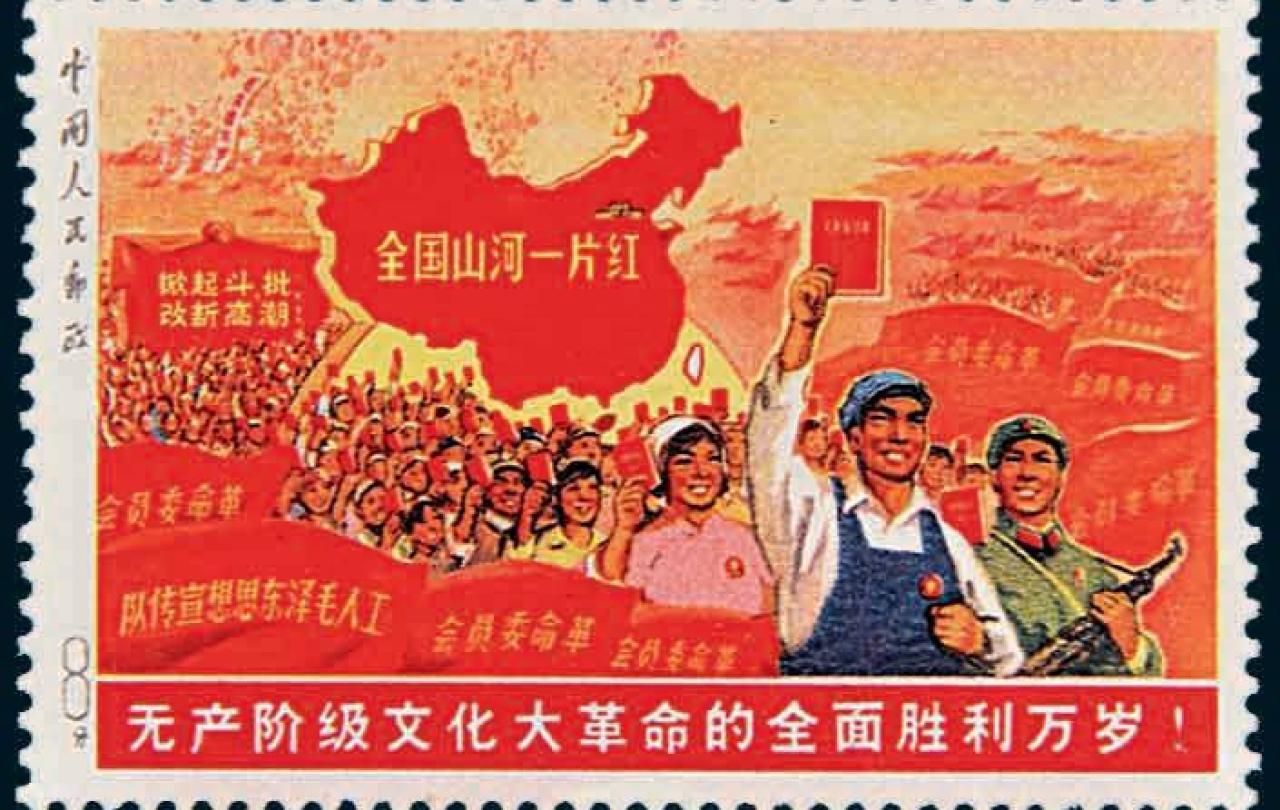
I’m not a betting man, but I’ll wager you’ve seen a gambling ad recently.
In fact, I’d put good money on it – or at least somebody has.
If you’ve been watching football you’ll see ads for betting companies in the ad breaks, on billboards – sometimes on the kit itself.
And then there are the grinning celebrity endorsers, each advertising a wonderful world of chance-based amusements.
That’s a lot of money on billboards and sponsorships.
And on our high streets up and down the country, you’re never very far from a betting shop, each of them with windows guaranteeing the best odds and offering free bets on well, almost anything, really.
If you can think of it, you can probably bet on it.
Sports fixtures? The results of reality TV shows? The date of the next general election?
Can you bet on it? You betcha!
Betting is everywhere, though it’s fair to say there’s a bit more of it in some places than others.
Betting shops are 10 times more likely to be found in the most deprived areas of the UK than its most wealthy ones.
Still – even if you happen to find yourself without a betting shop in walking distance, with smartphone betting now there’s no need to even pop into a bookies.
The fun needs never stop.
All this proves is that gambling is everywhere and that people will put a bet on almost anything.
With such universal access, I shouldn’t have been surprised that people have been betting on the date of the next general election.
I have heard many people say that a little flutter brings a bit of excitement to things – and if anything is in need of a bit of excitement, it’s a general election.
Perhaps it was this need to alleviate the tedium which has led to the seemingly improbable number of people from the Conservative Party now under investigation by the Gambling Commission. At current count, there are two candidates, as well as the Tory director of campaigning and his wife. Oh, and one of the Prime Minister’s police protection officers.
By the time you read this – there may be more. And no, please don’t place a bet on that.
Am I disappointed that public officials may have been using insider information to gain an advantage at the bookies? I suppose so. But that’s not what I find interesting.
All this proves is that gambling is everywhere and that people will put a bet on almost anything.
And well, I already knew that.
No – what is interesting is that in our society people will bet on almost anything. Or more specifically – everything, except one thing.
When it comes to betting on whether England will score, or who will win at Strictly, a hunch is enough. A gut feeling is enough to separate us from our hard earned cash.
But when it comes to whether or not there is a God, nope.
We’re going to need hard evidence for that one.
We’re going to need absolute certainty, incontrovertible proof.
No margin for error.
We’ll bet on anything else – everything else. But not that.
Which, I have to say, strikes me as odd.
Why won’t we take out a bet that costs us nothing?
Most of us in Church are there because of a hunch. A gut feeling. We call it faith, and it’s a free gift.
Do you care for a wager?





